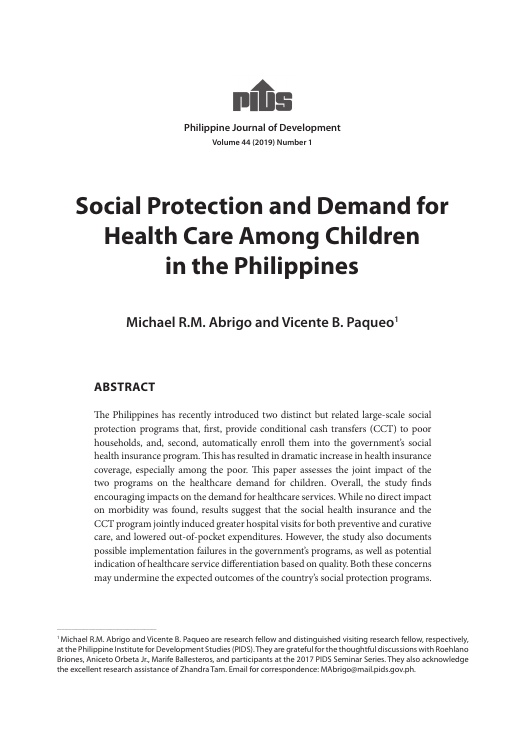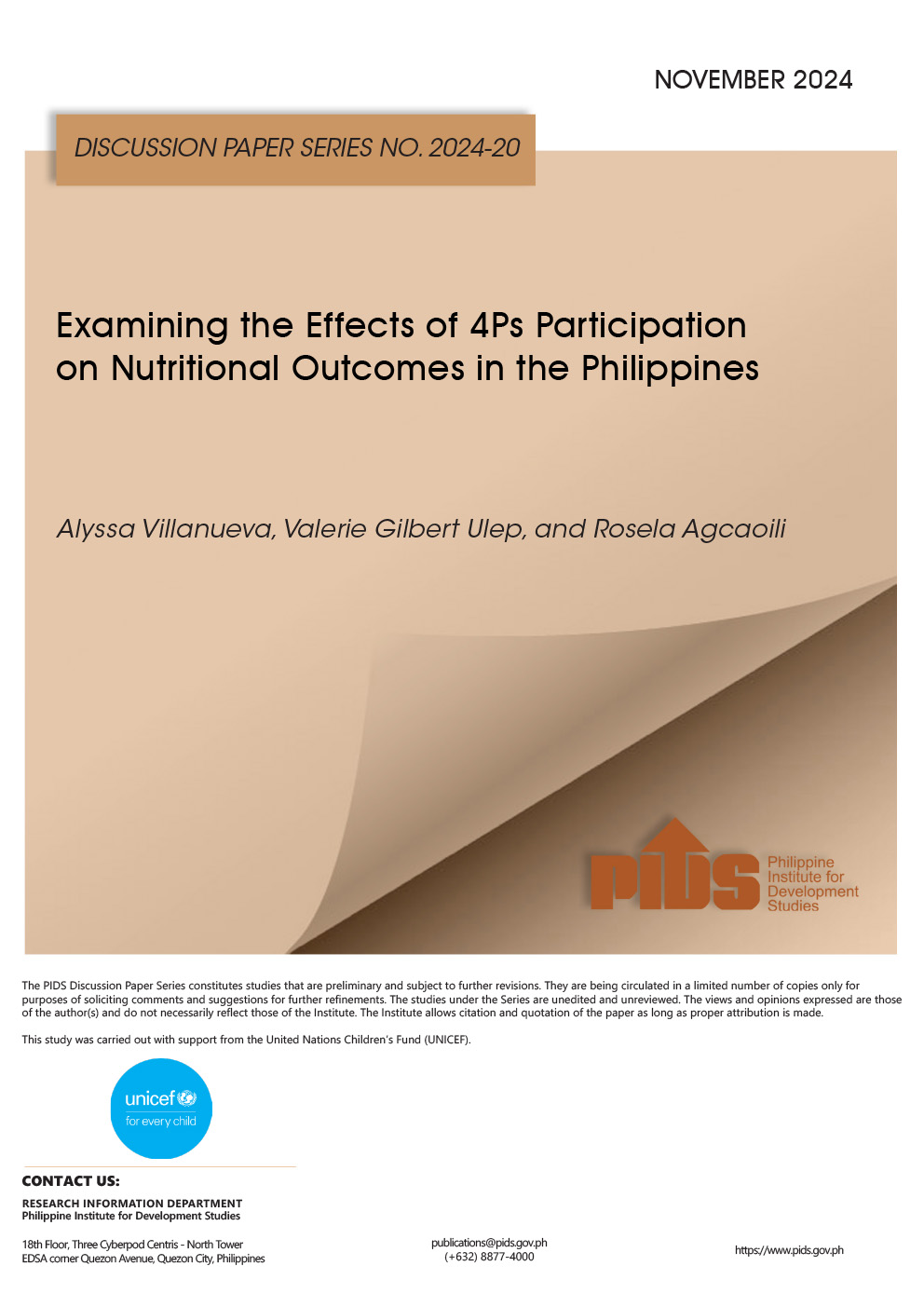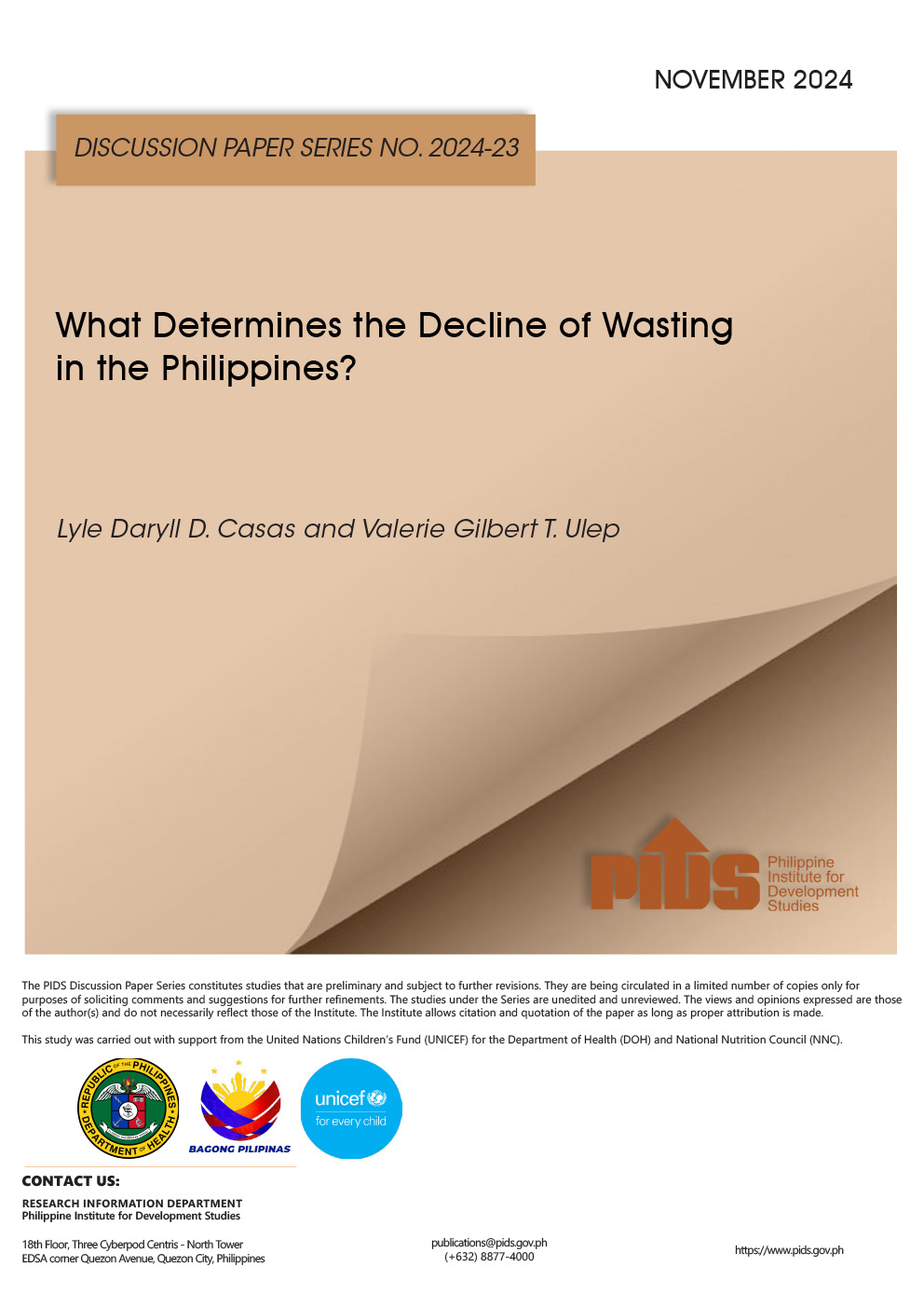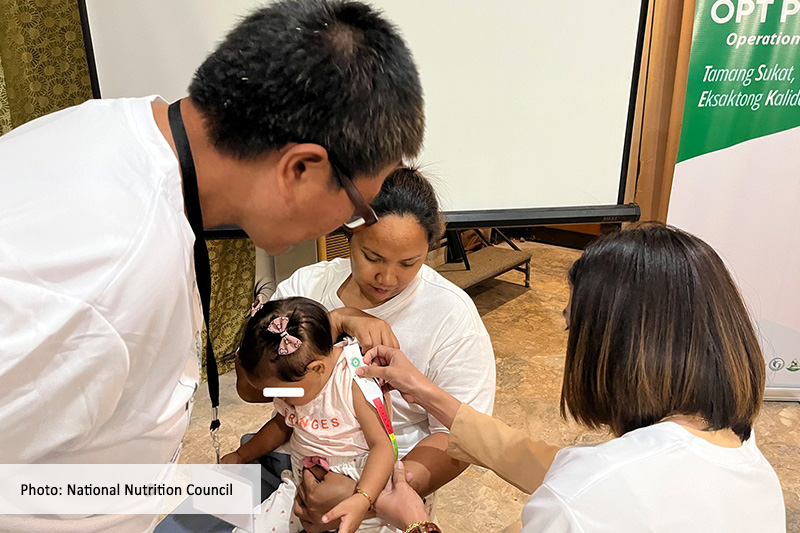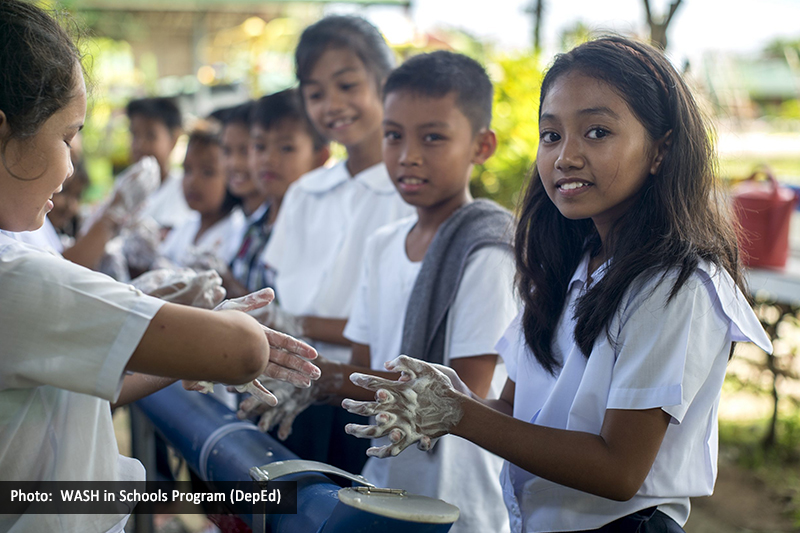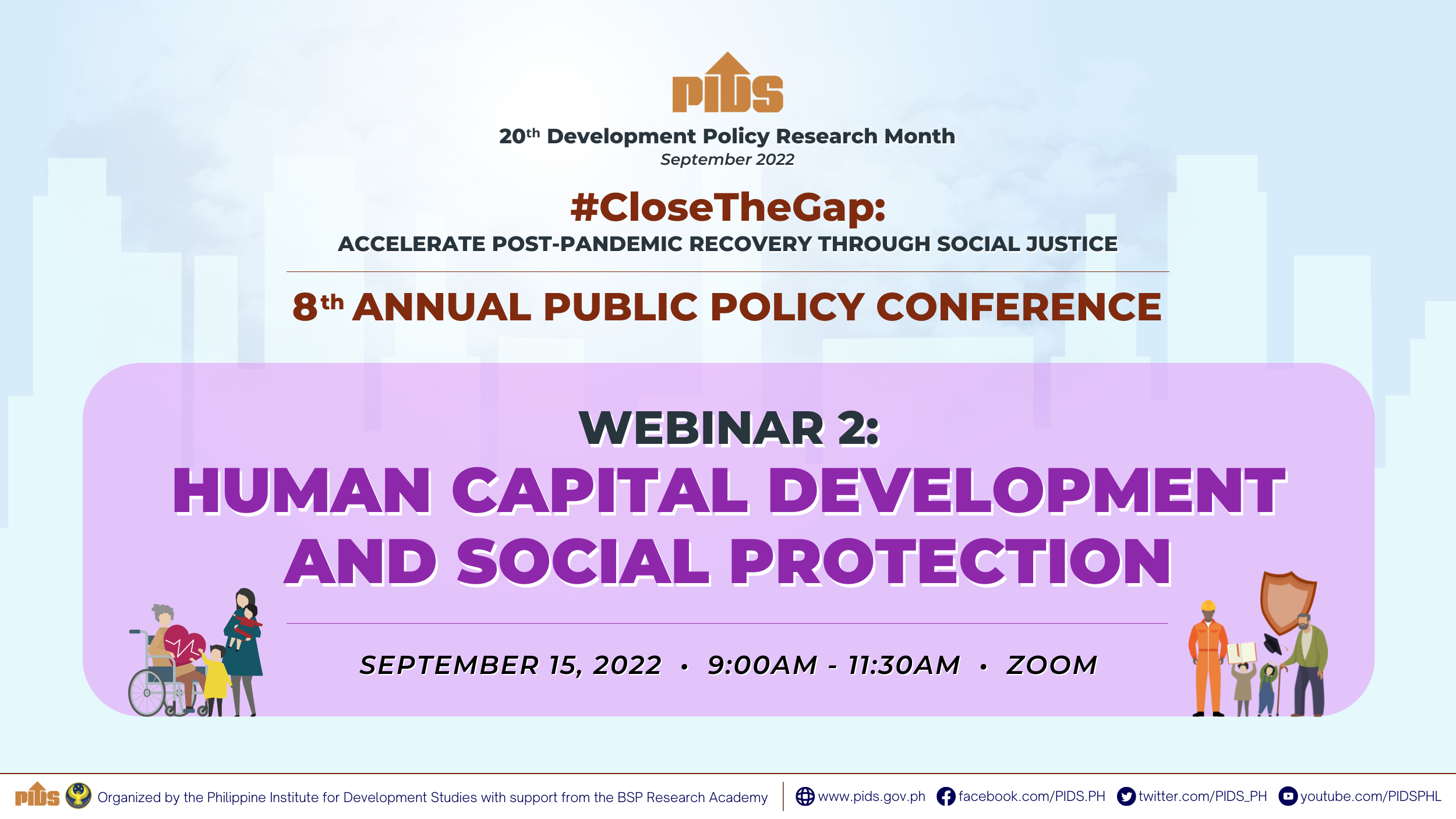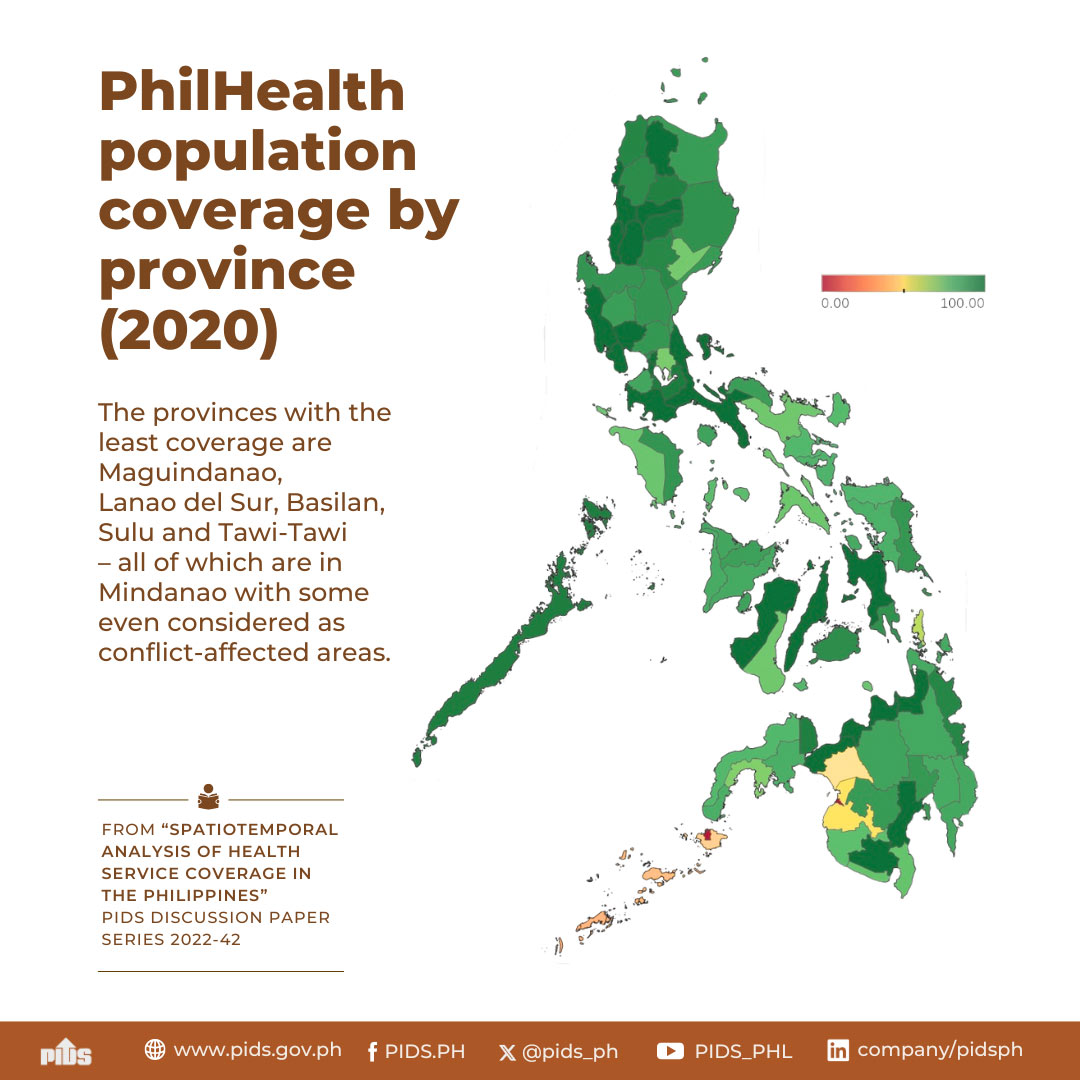The Philippines has recently introduced two distinct but related large-scale social protection programs that, first, provide conditional cash transfers to poor households, and, second, automatically enroll them into the government's social health insurance program. This paper assesses the joint impact of these two programs on the healthcare demand for children. It finds encouraging impacts on the demand for healthcare services. However, it also documents possible implementation failures, as well as potential indication of healthcare service differentiation based on quality. Both these concerns may undermine the expected outcomes of the country's social protection programs.

